Details surrounding Apple's legal battle to keep iPhone encryption intact continue to trickle out, the latest being a report claiming the company has retained the services of two prominent attorneys well versed in free-speech rights, suggesting such issues will be in play at upcoming court hearings.
According to filings recently lodged with a California court, Apple names Theodore Olson and Theodore Boutrous as representing lawyers in its bid to counter a court order compelling the company to help unlock an iPhone 5c device tied to last year's San Bernardino shootings. The pair's appearance could mean Apple plans to incorporate free-speech rights as a pillar in its case.
As reported by Reuters, Olson has seen success arguing First Amendment rights and in 2010 won the political free-speech case Citizens United v. Federal Election Commission. Boutrous, who often represents media organizations in court, is no stranger to Apple having been lead counsel in the company's protracted bid to curtail antitrust monitoring imposed as a result of the Department of Justice's e-book price fixing lawsuit.
Speaking with law professionals, the publication reports one of Apple's primary targets will be a U.S. Supreme Court decision from 1977 cited by government officials to compel the company's cooperation. The prior ruling referenced a reading of the All Writs Act of 1789 to authorize an order compelling a phone company to aid in a law enforcement surveillance operation.
As for the potential of a free-speech argument, Reuters spoke with cryptology expert Riana Pfefferkorn, a fellow at Stanford University's Center for Internet and Society, who said Apple could assert the FBI's request for a software workaround as tantamount to unlawful compelled speech. Since Apple contends such forensics tools do not currently exist, it would be forced to write computer code specifically for that purpose, Pfefferkorn said.
A federal magistrate judge earlier this week ordered Apple to comply with FBI requests to assist in the unlocking of a passcode-protected iPhone 5c used by San Bernardino shooter Syed Rizwan Farook. Under the terms of the agreement Apple would be made to create specialized software designed to bypass a passcode attempt counter in iOS 9.
Protecting computer code under the umbrella of free speech has been argued at the federal level before. Reuters points to a 1999 case heard by a three-judge panel of the 9th U.S. Circuit Court of Appeals, which found source code belonging to encryption software is indeed protected. That opinion was later rendered moot, however.
More information on Apple's legal tactics should be revealed when the company files its response to this week's court order. Apple was initially assigned a Feb. 23 filing deadline, but a report on Thursday claims that date has been pushed back to Feb. 26.
 Mikey Campbell
Mikey Campbell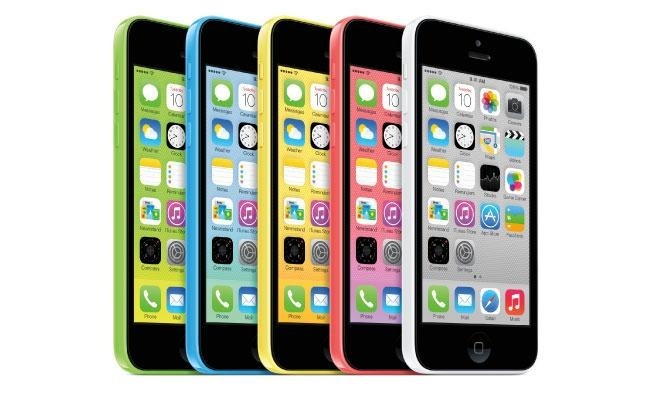

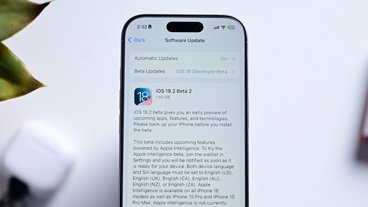
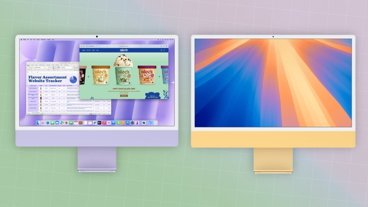
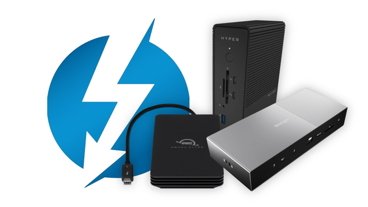
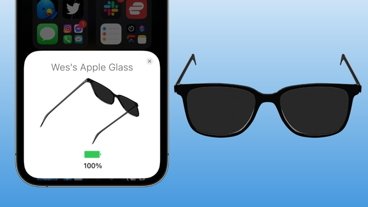
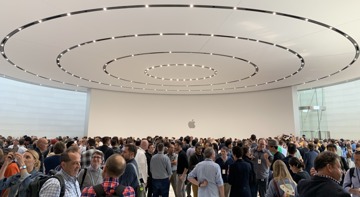
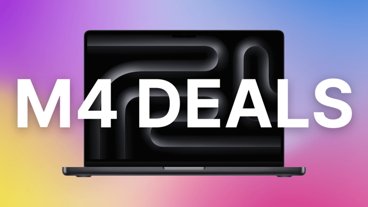






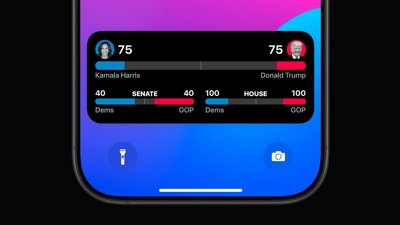
 Wesley Hilliard
Wesley Hilliard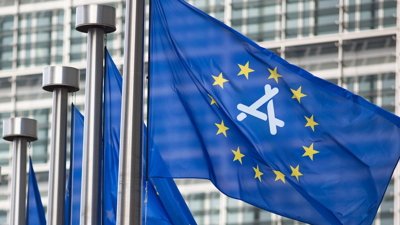
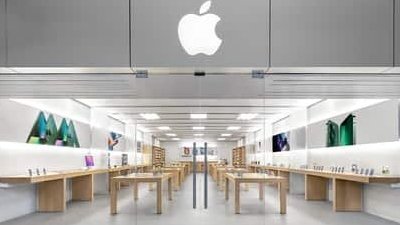
 Marko Zivkovic
Marko Zivkovic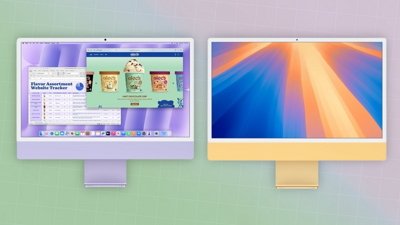
 Oliver Haslam
Oliver Haslam
 Christine McKee
Christine McKee
 Malcolm Owen
Malcolm Owen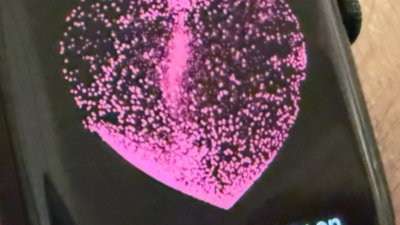
 William Gallagher
William Gallagher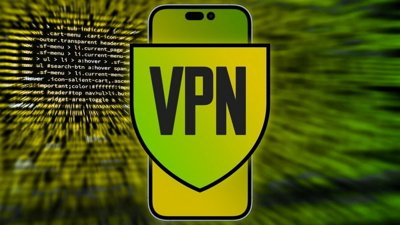
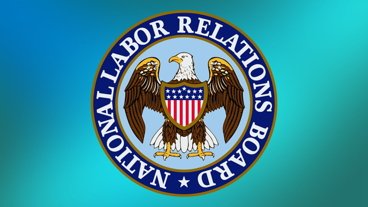
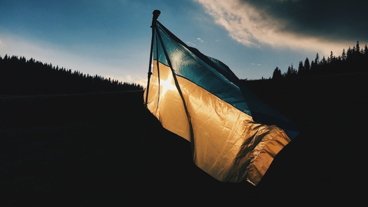
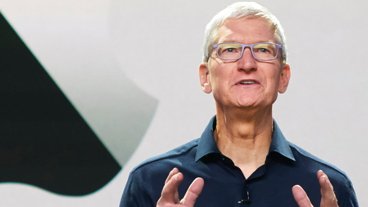

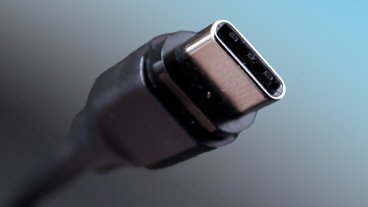
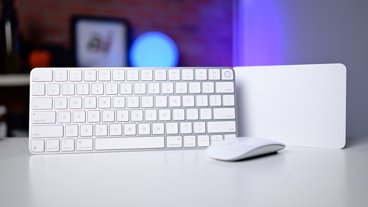
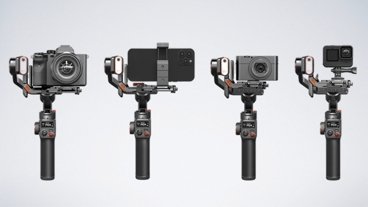
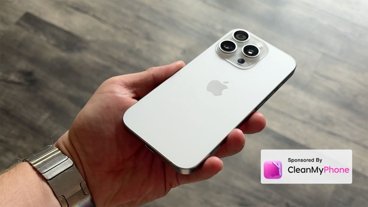
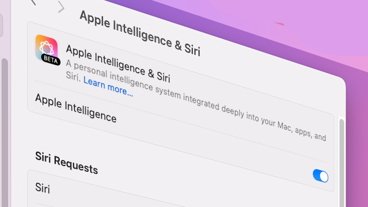

46 Comments
Speaking of children didn't the CIA exploit our children in the most evil ways conceivable with project "MK Ultra"?
This really isn't a 4th Amendment question. The FBI is operating well within those bounds in wanting to access the data on the phone. The search is reasonable and even has the support of the owner of the phone. It comes down to if Apple can be required/compelled to assist in those efforts, which would seem to fall more under freedom of speech (or in this case, freedom to refuse speech...in the form of computer code).
For those who are worried about their privacy should a tool be created which would allow brute for attacks on iPhones, the solution is simple. Use the alphanumeric passcode option and don't use a stupid password. And don't use Touch ID, either.
@Wiggin, duuuuuuuude seriously. hahaha. And for those who argue just create a tool and destroy it, or update the iphone later so the tool doesn't work. Completely overlooking most of this parade/fanfare is to get Apple to admit, or display it can be done, rendering their earlier statement invalid, and AND setting a precedent for future decrypting via gov. That is what is dangerous. Oh and now if there is a known backdoor china, hackers, others have ways to your data. The entire economy of security, and encryption in america will be for nought. Flushed. Apple could also get pissed and move out of US. Can you hear the economic whirlpool of that. ?